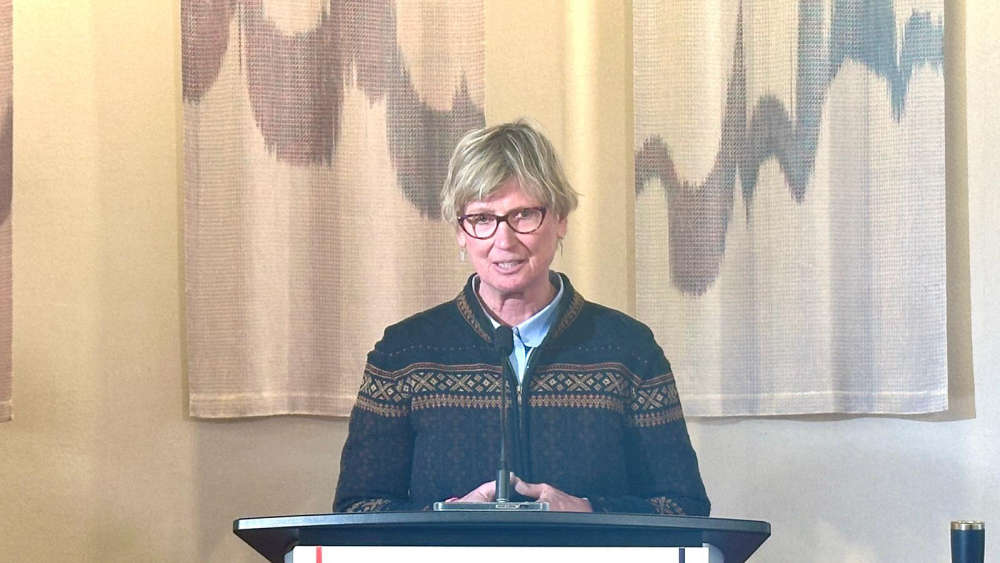
The more a person relies on social media to learn about COVID-19, the more likely they are to be exposed to misinformation and to believe it, and to disregard physical distancing and other public health guidelines.
Researchers say conspiracy theories about COVID-19 are spreading at an alarming rate across the country. And they warn that misinformation being shared online could lead to devastating consequences and push Canadians to shun important safety measures.
Aengus Bridgman, a PhD candidate in political science at Montreal's McGill University, says "people should be enormously concerned." Bridgman co-authored a study published last month on COVID-19 misinformation and its impact on public health.
It found the more a person relies on social media to learn about COVID-19, the more likely they are to be exposed to misinformation and to believe it, and to disregard physical distancing and other public health guidelines.
Bridgman notes that about 16 per cent of Canadians use social media as their primary source of information on the virus.
Another study published in May at Ottawa's Carleton University indicated 46 per cent of Canadians believed at least one of four unfounded COVID-19 theories: the virus was engineered in a Chinese lab; the virus is being spread to cover up the effects of 5G wireless technology; drugs such as hydroxychloroquine can cure COVID-19 patients; or rinsing your nose with a saline solution can protect you from infection.

 Whitehorse Emergency Shelter staff not trained for emergencies, inquest hears
Whitehorse Emergency Shelter staff not trained for emergencies, inquest hears
 Premier pledges to meet with Yukoners living in tents to help them find housing
Premier pledges to meet with Yukoners living in tents to help them find housing
 Yukon’s legislature recognizes 40 years of programming by CHON-FM/NNBY
Yukon’s legislature recognizes 40 years of programming by CHON-FM/NNBY
 The Whitehorse Star says goodbye after over a century of publication
The Whitehorse Star says goodbye after over a century of publication
 City of Whitehorse tables new bylaw to discourage abandoning buildings
City of Whitehorse tables new bylaw to discourage abandoning buildings
 Yukon Party renews its criticism of Yukon Hospital Corporation funding following CBC article.
Yukon Party renews its criticism of Yukon Hospital Corporation funding following CBC article.
 Ah'Nezen! happens tonight at 5pm
Ah'Nezen! happens tonight at 5pm
 CHON-FM's Kaska-language coverage of hockey tournament gets national attention
CHON-FM's Kaska-language coverage of hockey tournament gets national attention
 Yukon Party criticizes the health minister's trip to Scotland
Yukon Party criticizes the health minister's trip to Scotland
 Whitehorse RCMP arrests one suspected to be involed with Victim Services Office break-in
Whitehorse RCMP arrests one suspected to be involed with Victim Services Office break-in
 Yukon Native Hockey Tournament returns to Whitehorse
Yukon Native Hockey Tournament returns to Whitehorse
 Community space in the former cafeteria in Jim Smith Building now open
Community space in the former cafeteria in Jim Smith Building now open
 Break-in at Whitehorse Victim Services office under inverstigation
Break-in at Whitehorse Victim Services office under inverstigation
 Yukon's RCMP records historic seizure of cocaine in Dawson City
Yukon's RCMP records historic seizure of cocaine in Dawson City
 The City of Whitehorse Free Fare Transit Survey results now available
The City of Whitehorse Free Fare Transit Survey results now available
